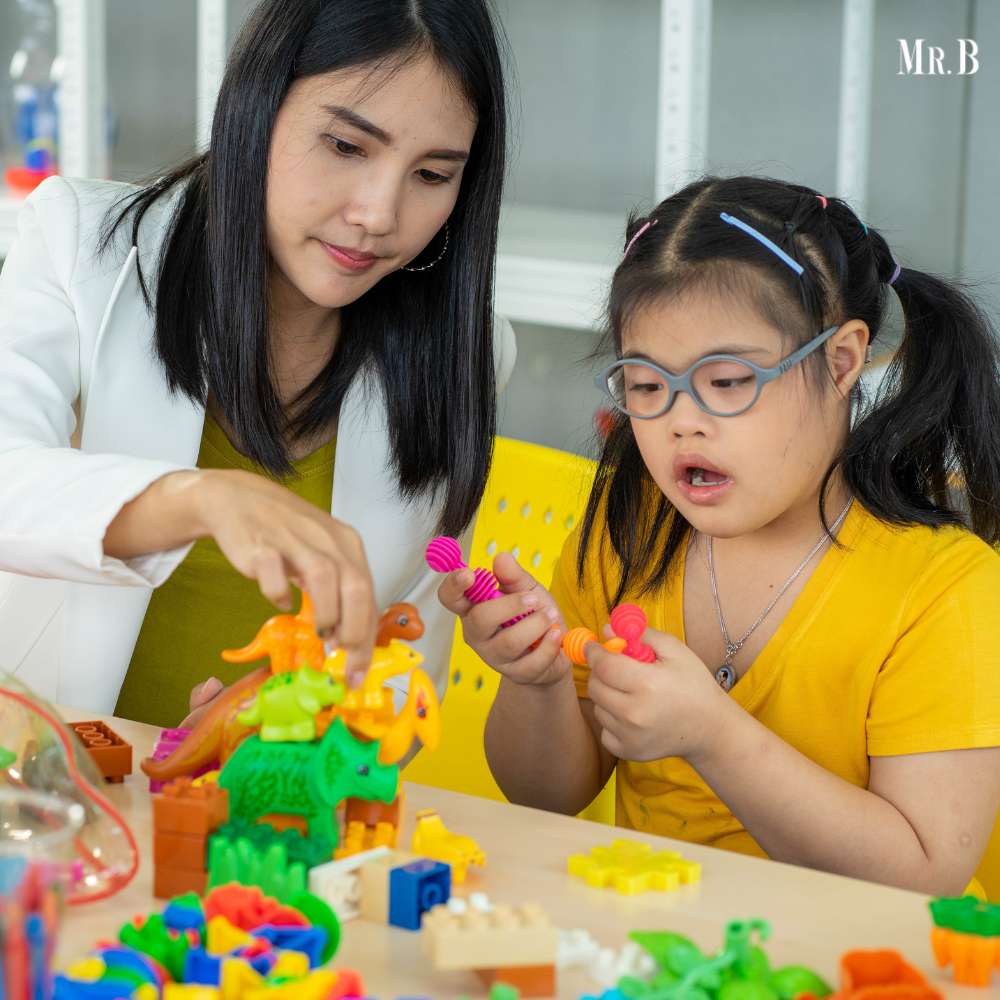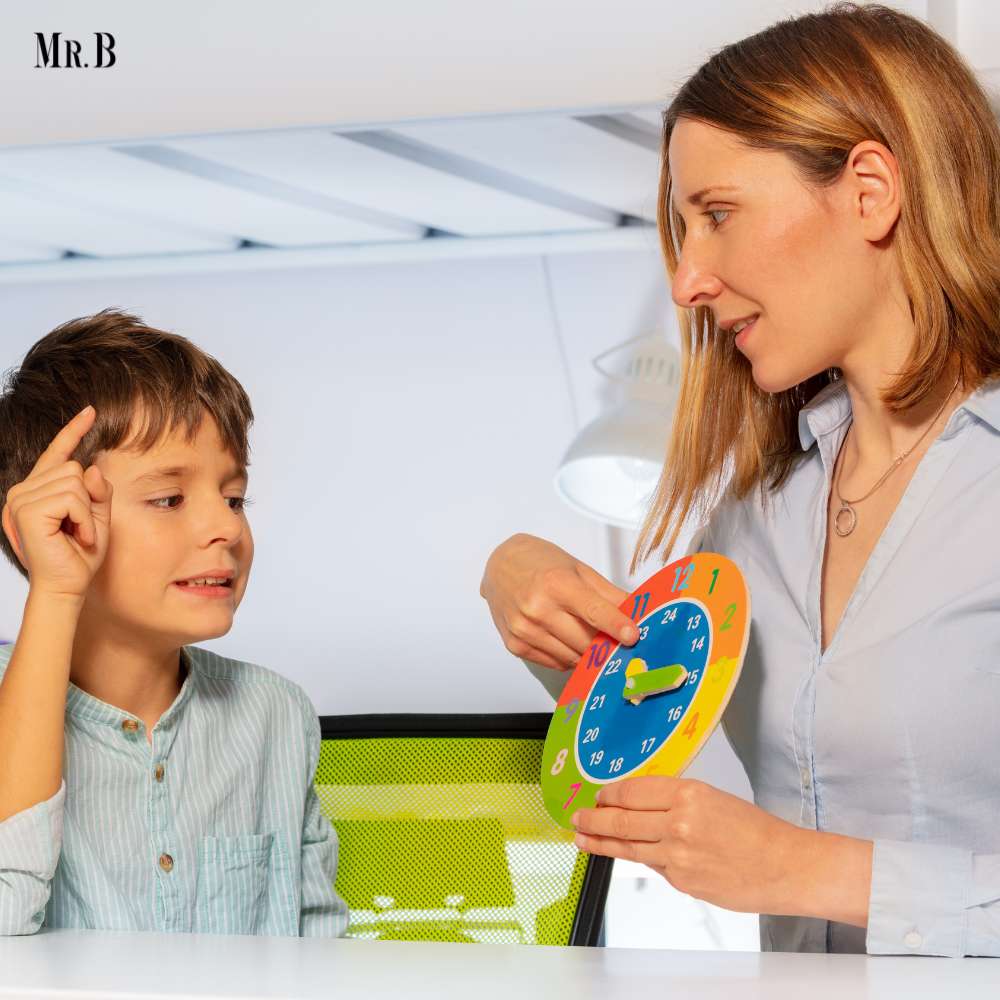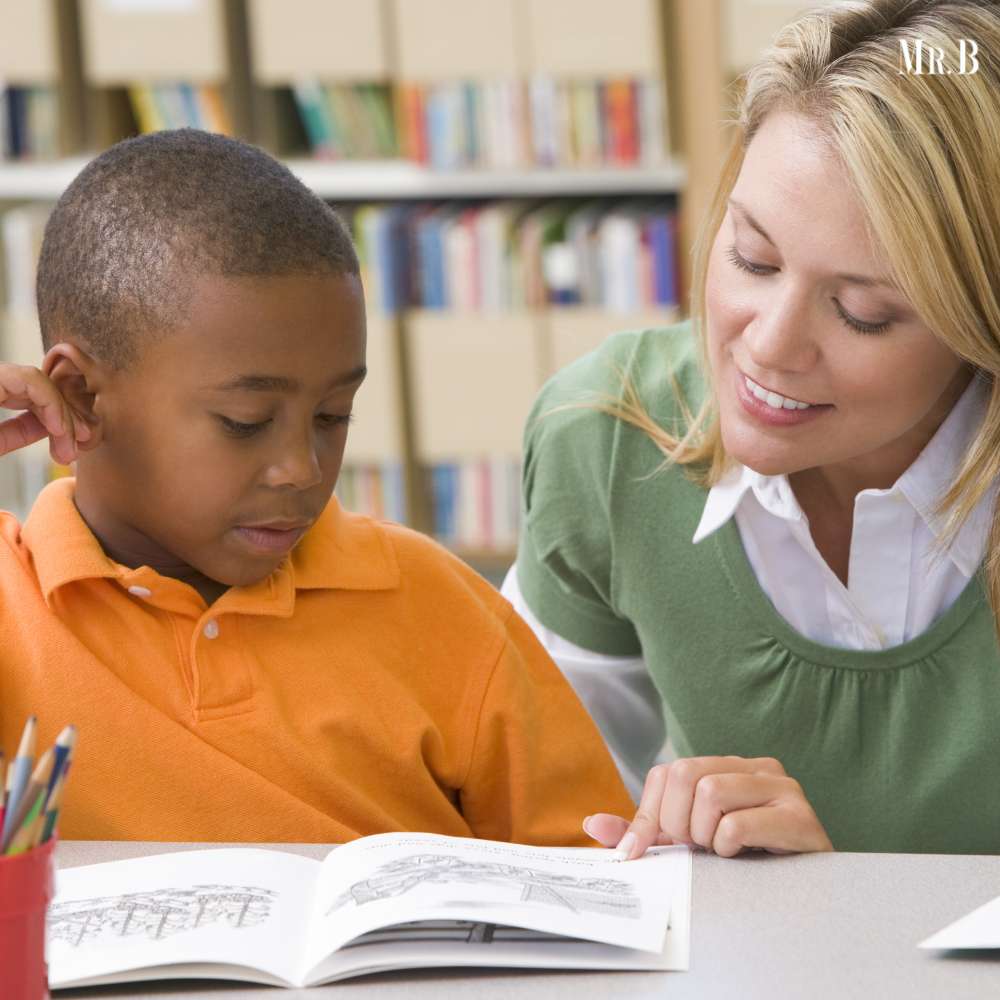Essential Skills Needed for Special Education Teachers: A Comprehensive Guide
- Category: Education

Special education teachers play a crucial role in ensuring that students with diverse learning needs receive the support and guidance necessary for their academic and personal development. To excel in this challenging yet rewarding profession, educators must possess a unique set of skills that go beyond traditional teaching requirements. In this article, we will delve into the key skills needed for special education teachers to create an inclusive and effective learning environment for students with special needs.
Understanding the Diverse Needs of Students And Essential Skills Needed for Special Education Teachers
The first and foremost skill that sets special education teachers apart is their ability to understand and cater to the diverse needs of their students. Special education encompasses a wide range of disabilities and learning differences, including but not limited to autism spectrum disorders, intellectual disabilities, ADHD, and emotional disturbances. The skills needed for special education teachers must be adept at identifying individual learning styles, adapting teaching strategies, and providing customized support to address the specific challenges each student may face.
Effective Communication
Effective communication is paramount in any teaching role, but it becomes even more critical when working with students with special needs. Special education teachers must be skilled communicators, capable of conveying information clearly and adapting their communication style to suit the unique needs of each student. This involves not only verbal communication but also utilizing alternative communication methods, such as visual aids, gestures, and assistive technology, to ensure that every student can comprehend and engage with the material. Communication is one of the important skills needed for special education teacher.

Patience and Empathy
Patience is undeniably a virtue in the field of special education. Working with students who may struggle with academic tasks, exhibit challenging behaviors, or require additional time to grasp concepts demands a high level of patience. Special education teachers must approach each student with empathy, understanding that every individual has their own set of challenges and strengths. Cultivating a patient and empathetic demeanor fosters a positive and supportive learning environment that promotes the overall well-being of students. Empathy leads to think in a way students would approach a situation, this is one of the vital skills needed for special education teacher.
Adaptability
Flexibility and adaptability are crucial skills for special education teachers, as they often face unforeseen challenges and changes in their daily routines. Students with special needs may require modifications to lesson plans, adjustments to the learning environment, or individualized accommodations. Special education teachers must be prepared to adapt quickly, finding creative solutions to meet the evolving needs of their students and ensuring that every child has the opportunity to succeed.
Collaboration and Teamwork
Special education teachers seldom work in isolation; collaboration with other educators, support staff, and parents is fundamental to their success. Building effective partnerships with colleagues helps create a unified approach to supporting students with special needs. It is an important aspect of the list of skills needed for special education teachers. Additionally, collaboration with parents is essential for understanding the unique needs and strengths of each student, as parents often provide valuable insights into their child’s learning style and preferences.

Strong Advocacy Skills
Advocacy is an integral part of a special education teacher’s role. These educators must be strong advocates for their students, ensuring that they receive the resources, accommodations, and support necessary for their success. This involves navigating the complexities of the special education system, communicating with administrators, and participating in Individualized Education Program (IEP) meetings to advocate for the specific needs of each student. A skilled special education teacher is not only an advocate for their students but also an active participant in shaping inclusive policies and practices within the school community. It is an important aspect in the list of skills needed for special education teacher.
Differentiated Instruction
Differentiated instruction is a cornerstone of effective teaching in special education. Special education teachers must be adept at tailoring their instructional methods to meet the diverse needs of their students. This may involve providing alternative assessments, modifying assignments, and incorporating a variety of instructional strategies to accommodate different learning styles. The ability to differentiate instruction ensures that each student receives the level of support necessary to achieve their academic goals. Tailored instructions is one of the important skills needed for special education teacher.
Data Analysis and Monitoring Progress
Special education teachers need strong analytical skills to assess student progress and make data-driven decisions. Regularly monitoring and analyzing student performance helps identify areas of strength and areas that may require additional support. This information is crucial for adapting teaching strategies, adjusting interventions, and collaborating with other professionals to provide comprehensive support for each student.
Crisis Management and Behavior Intervention

Working with students who may exhibit challenging behaviors requires special education teachers to be skilled in crisis management and behavior intervention techniques. These educators must be prepared to de-escalate situations, implement positive behavior supports, and work collaboratively with other professionals, such as behavior specialists or school psychologists, to develop effective strategies for managing challenging behaviors.
Cultural Competence and Inclusivity
Cultural competence is an essential skill for special education teachers to ensure that their teaching practices are inclusive and respectful of diverse backgrounds. Being aware of and embracing cultural differences helps create an environment where every student feels valued and understood. Special education teachers must continuously educate themselves on cultural competence and be proactive in fostering an inclusive atmosphere that celebrates diversity.
Conclusion
The skills needed for special education teacher are multifaceted and demanding, requiring a unique skill set beyond that of a traditional educator. The skills discussed in this article, including understanding diverse needs, effective communication, patience, adaptability, collaboration, advocacy, differentiated instruction, data analysis, crisis management, and cultural competence, collectively contribute to the success of special education teachers in creating inclusive and supportive learning environments.







